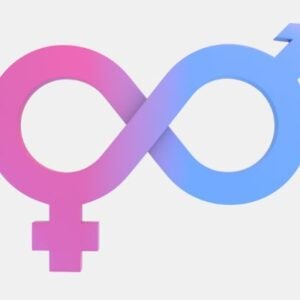The gender pay gap remains a persistent global issue, with women earning on average 80 per cent of what men earn, and the disparity is even wider for women of colour, migrant women, those with disabilities, and mothers. These wage inequalities have significant real-life consequences, affecting not only women but their families and communities, particularly during crises such as the COVID-19 pandemic, which has pushed millions into extreme poverty. If current trends continue, hundreds of millions of women and girls could live on less than $2.15 a day by 2030.
Equal pay for work of equal value, as defined by the International Labour Organization, ensures that workers receive fair remuneration for work of comparable value, even if the tasks differ. This principle encompasses not only wages but also bonuses, overtime, benefits, and other forms of compensation. Legal measures, such as New Zealand’s Equal Pay Amendment Bill of 2020, have sought to address these disparities, including in underpaid, female-dominated industries.
The gender pay gap is rooted in systemic inequalities. Women are overrepresented in the informal sector, often working in low-paying, unsafe jobs without social benefits. Globally, women perform three more hours of unpaid care work per day than men, contributing to the undervaluation of essential labor. The motherhood penalty further reduces wages and career advancement opportunities for women, while traditional gender roles and discriminatory hiring and promotion practices continue to steer women into lower-paid positions.
Pay equity is urgent because income disparities perpetuate cycles of poverty, limit social protection coverage, and restrict opportunities for women and their families. In the United States, for example, Black women, Native women, and Latinas earn substantially less than white men, highlighting the intersection of gender and race in wage inequality. Women dominate essential care sectors globally, yet these roles remain underpaid and undervalued, intensifying the need for equitable compensation.
Data show that unequal pay is a universal problem, affecting women across all industries, education levels, and regions. While high-income countries tend to have smaller wage gaps, informal economies—predominantly composed of women—often mask the true scale of inequality in low- and middle-income countries. Closing the gender pay gap requires formalizing informal work, ensuring collective bargaining rights, and empowering women in leadership positions within unions and workplaces.
UN Women emphasizes that governments, employers, and trade unions share responsibility for addressing these challenges. Achieving pay equity requires a coordinated approach to guarantee that women receive equal pay for work of equal value, fostering economic empowerment, social justice, and long-term development.







